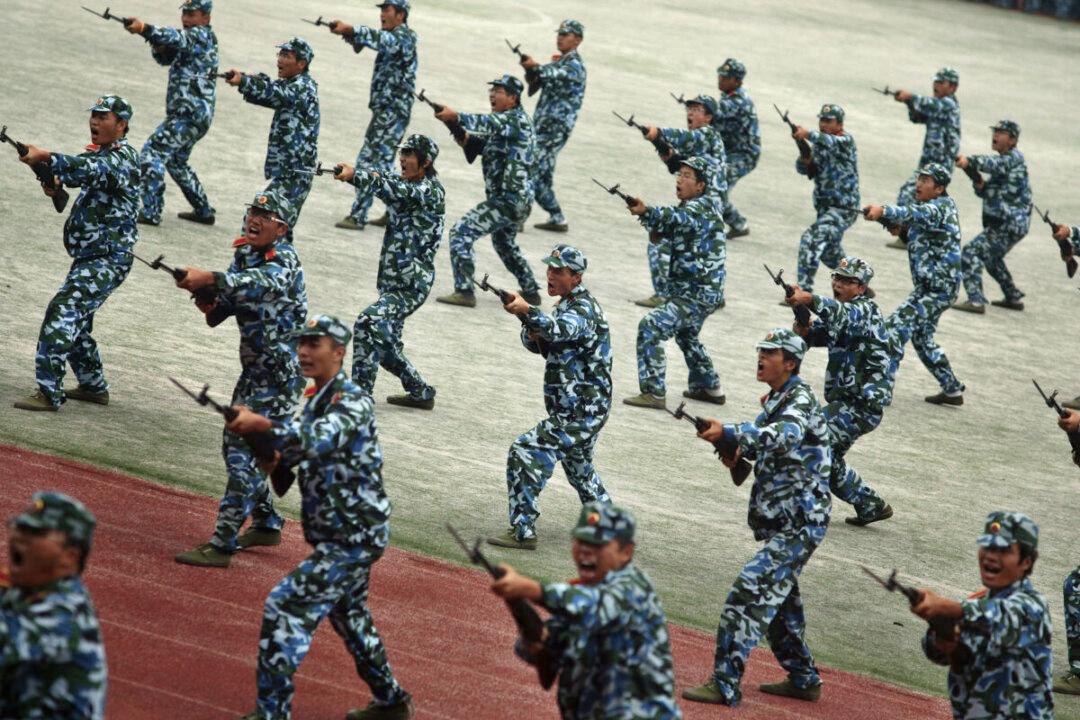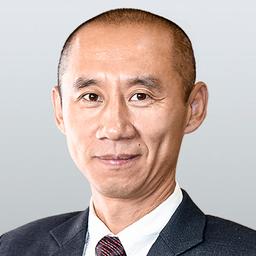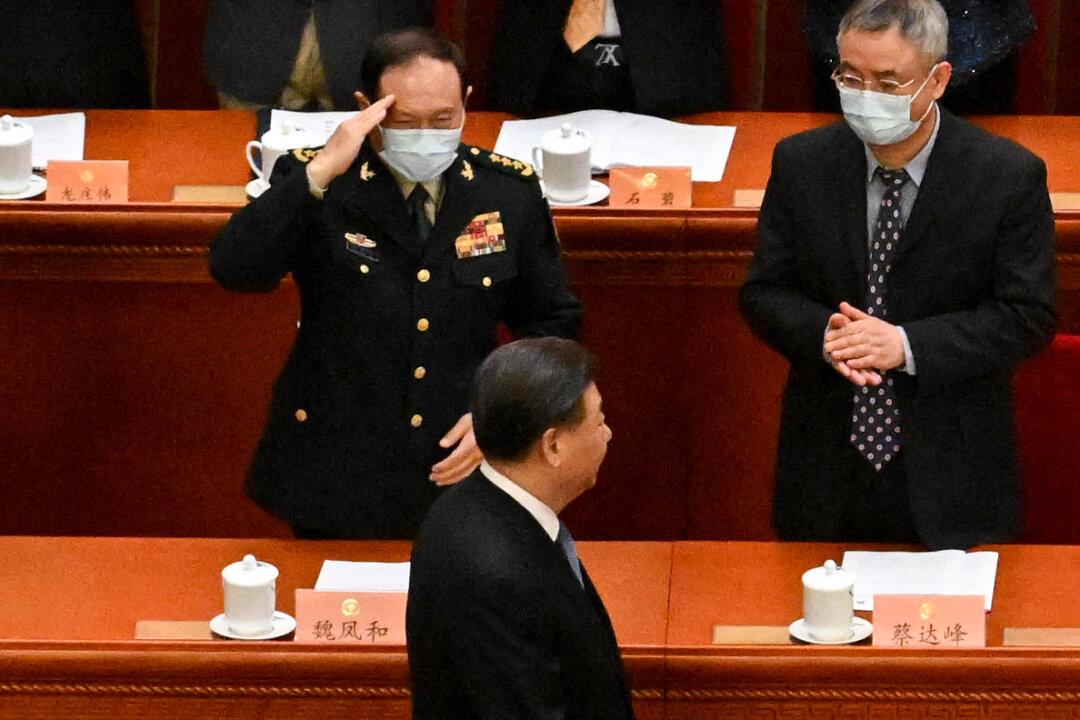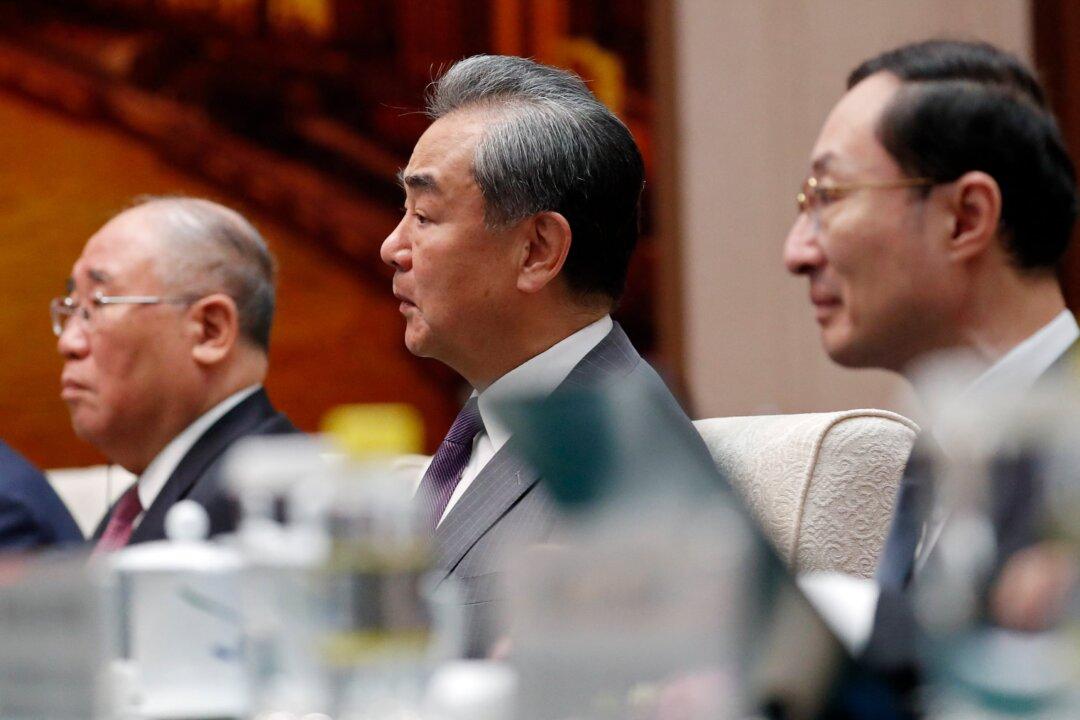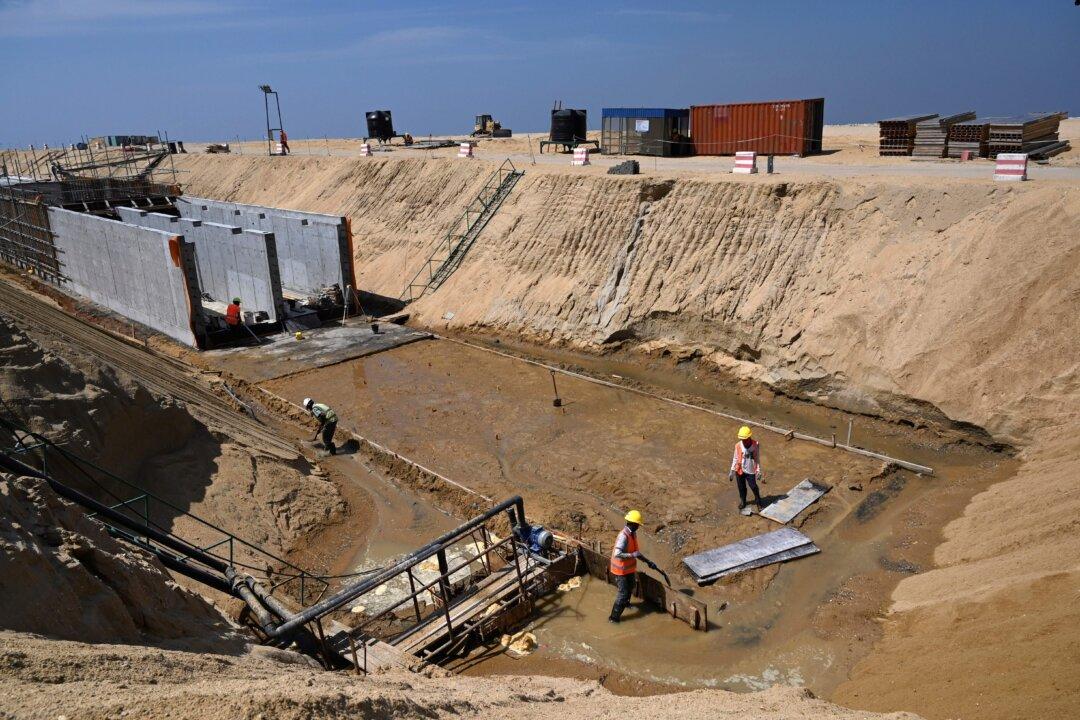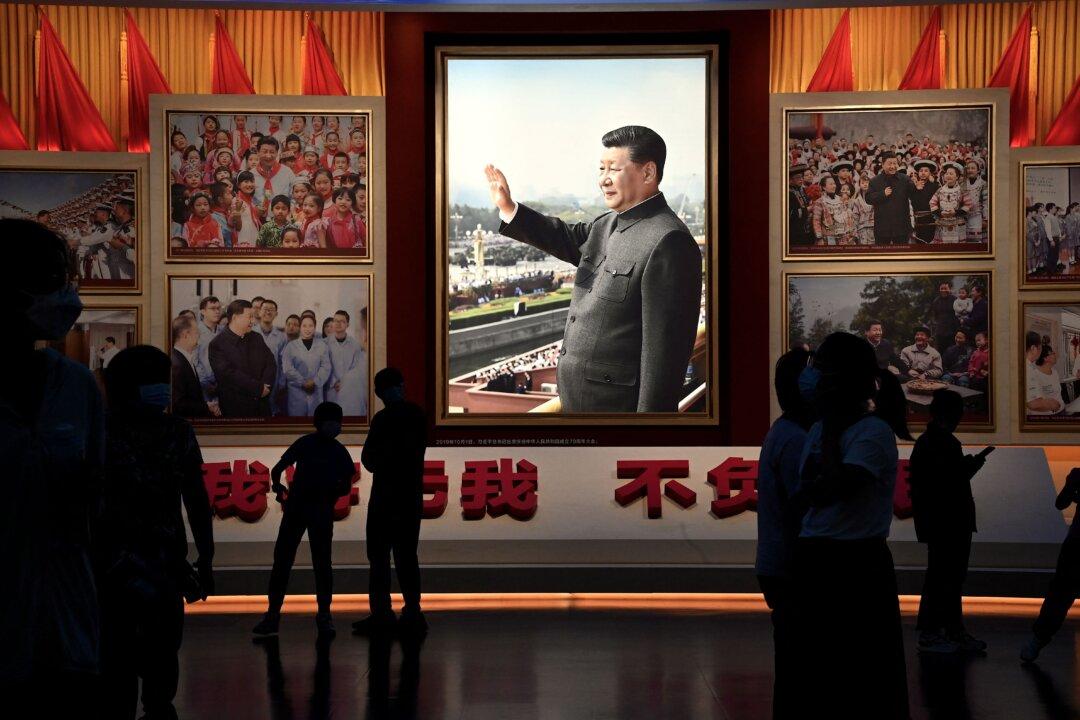With continuing tensions across the Taiwan Strait, China’s military academies saw an enrollment slump despite a downward admission score requirement in recent years.
Several Chinese news media reported on the dilemma of the military academies’ inability to meet annual enrollment mandates.
